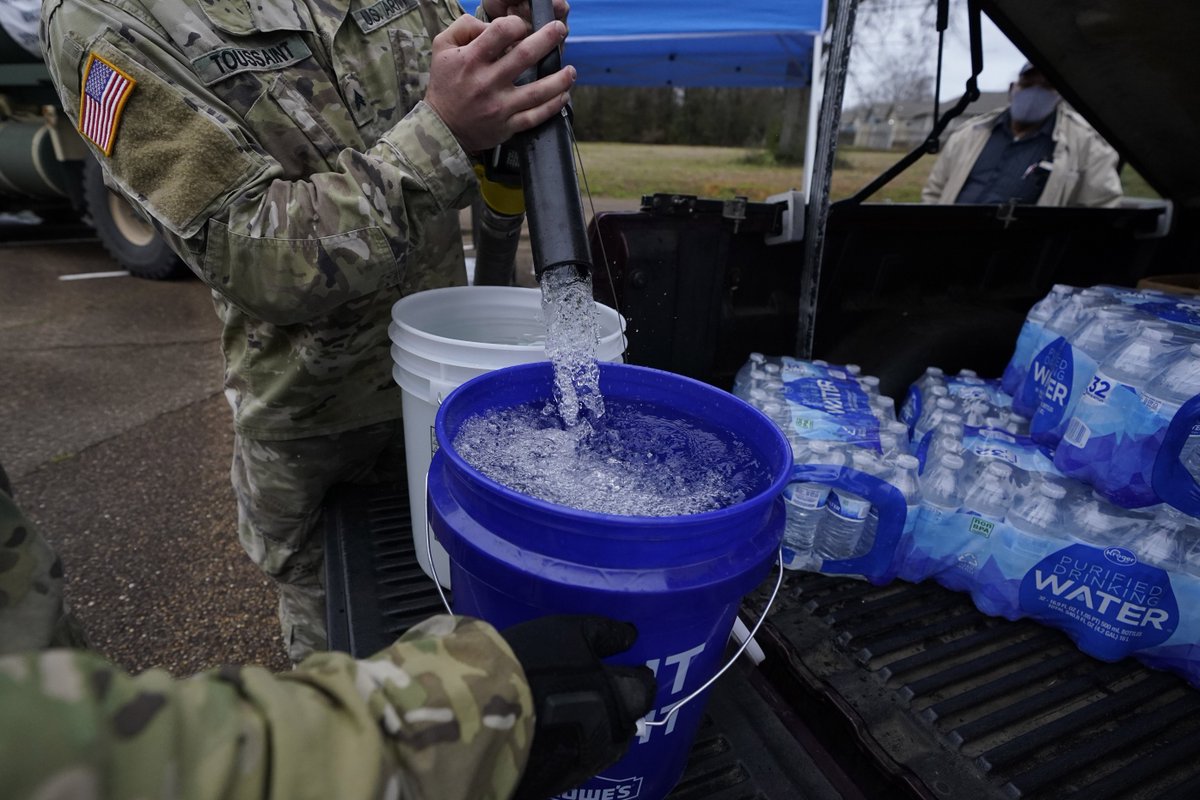
In the days after George Floyd was killed, an 11-year-old boy watched a national protest movement against police brutality arise outside his home.
An @NBCNews documentary: nbcnews.to/3rkjscd
(1/8) #NBCNewsThreads
An @NBCNews documentary: nbcnews.to/3rkjscd
(1/8) #NBCNewsThreads

Tyson LaBlanche lived across the street from the corner where a police officer had knelt on Floyd’s neck until he stopped breathing, watching as protesters transformed the entire square into a memorial. (2/8) 

Often wearing a black “I Can’t Breathe” cap that a protester gave him, Tyson chanted Floyd’s name with the demonstrators.
“It’s scary because anything could happen to a Black person in America,” says Tyson, whose father is Black and mother is white.
(3/8)
“It’s scary because anything could happen to a Black person in America,” says Tyson, whose father is Black and mother is white.
(3/8)

"So many things I haven't been able to save him from seeing, hearing,” his father, Jamie, says.
“It has made me question my fatherhood, and whether I'm doing a good job."
(4/8)
“It has made me question my fatherhood, and whether I'm doing a good job."
(4/8)

Two weeks after Floyd was killed, Tyson and his father attended a memorial and balloon release about a mile from their home, for the family and friends of those who had been killed by police.
Tyson hadn’t planned to say anything, but suddenly he felt moved to speak.
(5/8)
Tyson hadn’t planned to say anything, but suddenly he felt moved to speak.
(5/8)
After the streets around his family’s home were blocked off, Jamie noticed a rise in gang violence and shootings, which he saw as people taking advantage of fewer officers in the area.
11 people were reportedly shot near the intersection in 7 weeks after Floyd’s death. (6/8)
11 people were reportedly shot near the intersection in 7 weeks after Floyd’s death. (6/8)
In midsummer, Jamie began looking for a move outside the city. But the search dragged on for months.
“This is hell ... I still hold guilt because I don't know whether or not this is going to have long-term negative effects on my kids,” Jamie says. (7/8)
“This is hell ... I still hold guilt because I don't know whether or not this is going to have long-term negative effects on my kids,” Jamie says. (7/8)
After months of looking for a new home, Jamie and his family moved to a suburb about 50 minutes away in October.
He still grapples with the idea of leaving the place where he grew up.
“I don’t know if we know where we fit in yet,” he says. “But we’re trying to heal." (8/8)
He still grapples with the idea of leaving the place where he grew up.
“I don’t know if we know where we fit in yet,” he says. “But we’re trying to heal." (8/8)

• • •
Missing some Tweet in this thread? You can try to
force a refresh














